Menu
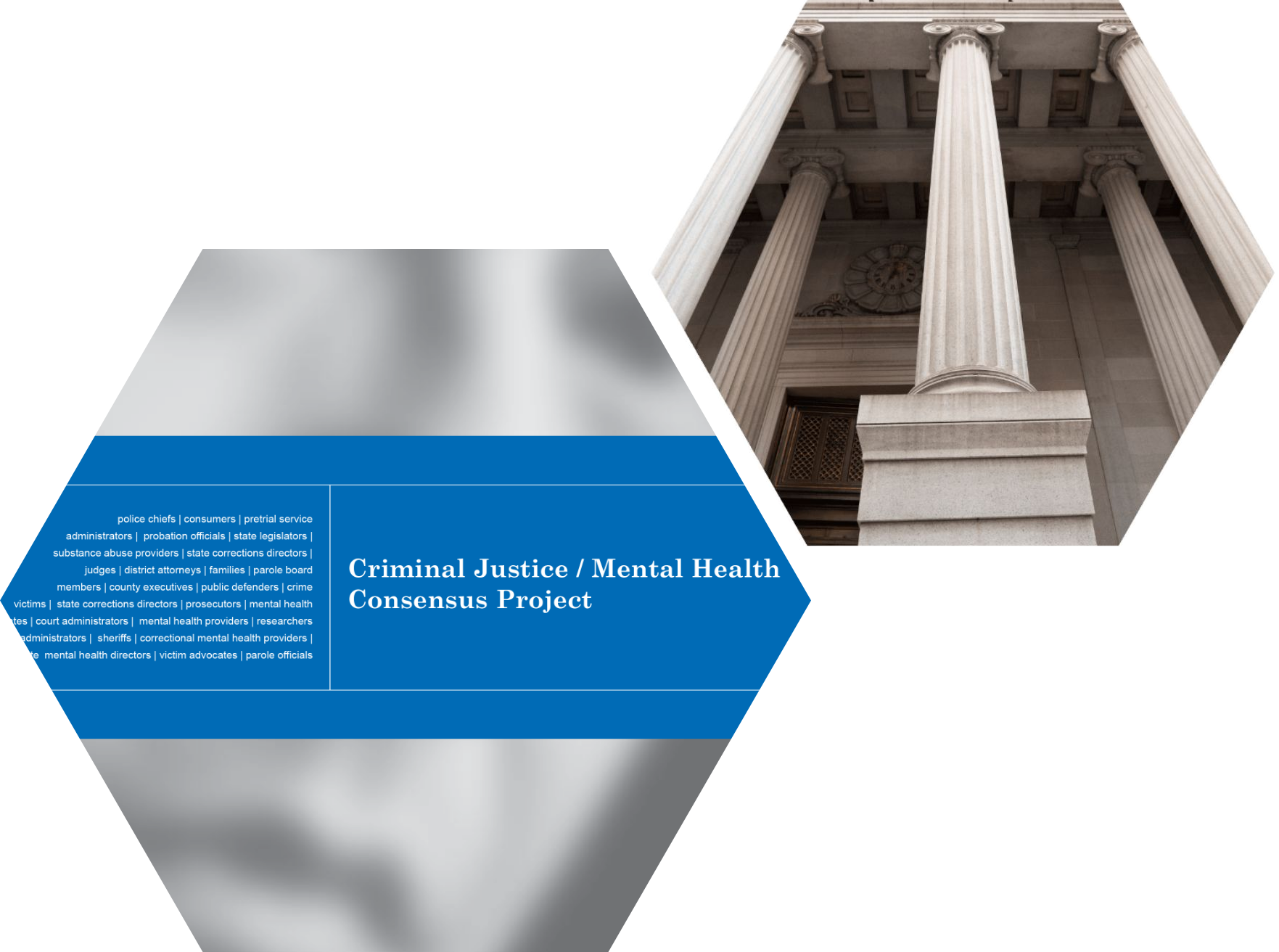
Our Work in 2022
2022 has been a year of celebration as well as reflection on The Council of State Governments (CSG) Justice Center’s 20 years of impact.
Twenty years ago, we released the Criminal Justice/Mental Health Consensus Project report to help address the needs of people with mental health conditions involved in the criminal justice system. This publication became the model for what our work is known for today: finding consensus among diverse stakeholders to create data-driven policy solutions to improve our justice and behavioral health systems.

Over the past two decades, our organization and work have evolved even as we’ve stayed true to our consensus-based approach. We’ve assisted our members in identifying and addressing disparities, especially racial inequities, in their justice systems. We’ve helped states expand reentry initiatives, increase diversion and crisis response efforts, and build robust data infrastructure systems. We’ve also innovated in the ways we’re reaching partners and sharing our content, including through live events, videos, new website launches, and much more.
All this growth has helped us better meet the needs of our stakeholders and members and forward our mission of breaking cycles of incarceration; advancing health, opportunity, and equity; and using data to improve safety and justice.
Here, we present 10 highlights from our work in 2022.

1
We launched new resources and tools to help jurisdictions expand their comprehensive crisis response systems to ensure that people are connected to necessary services and treatment.
As the federal government transitioned to the new 988 Suicide and Crisis Lifeline this year, it presented a significant opportunity for criminal justice stakeholders to rethink how people are connected to compassionate, accessible care. We worked closely with federal partners to promote the new dialing code and helped states and communities prepare for its implementation.

2
We worked with states to identify and address disparities in their justice systems, as well as to implement recommendations that improve public safety and reduce spending.
In recent years, more and more states have requested support for examining and improving racial equity in their criminal justice systems. Much of our work through the Justice Reinvestment Initiative (JRI)—which is funded by the U.S. Department of Justice’s Office of Justice Programs’ Bureau of Justice Assistance, Arnold Ventures, and The Pew Charitable Trusts—focused on meeting that need.
We worked with leaders in Vermont to investigate patterns of racial disparity over time, providing insight into their causes and proposing recommendations to improve racial equity in sentencing. In partnership with judicial branch stakeholders in Montana, we conducted an analysis of racial inequities in the state’s justice system and outlined recommendations to reduce these disparities and strengthen court system data collection.

3
We helped states and communities implement policies and practices to improve outcomes for youth in their juvenile justice systems.
We launched a groundbreaking toolkit to help jurisdictions improve their juvenile probation systems and released a 50-state study on the role of judges in the juvenile justice system, including recommendations for court improvement. Our work in Michigan helped lead to approval of consensus-based recommendations to transform the state’s juvenile justice system.
In Indiana, we worked with stakeholders and legislators across the aisle to help them find bipartisan agreement on passing a major set of juvenile justice reforms to enhance public safety, improve youth outcomes, and use state resources more efficiently.
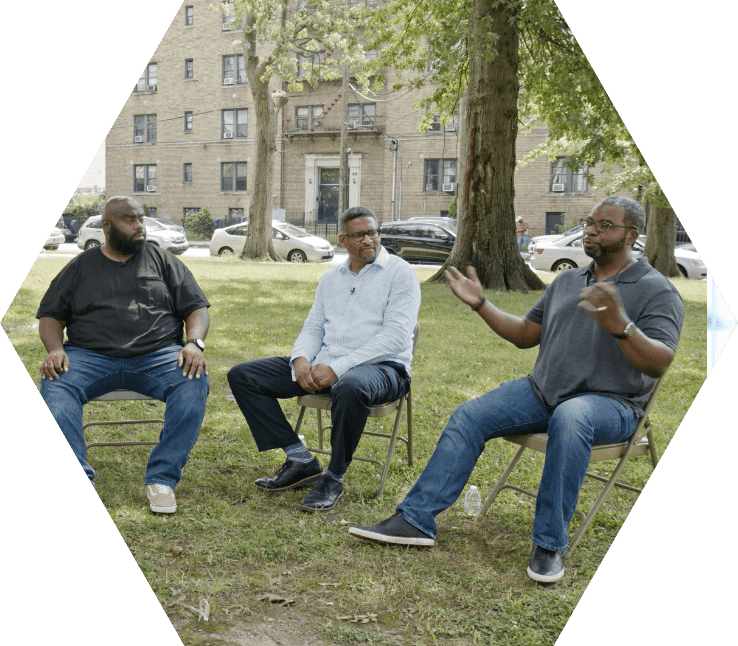
4
We lifted up the expertise of community-based organizations, experts, and people with lived experience in the justice and behavioral health systems.
In Georgia, we supported policymakers in launching the States Supporting Familiar Faces initiative to build on local and community efforts to improve outcomes for people who have frequent contact with the justice system. We worked with Minnesota to establish a bipartisan Council on Justice Reinvestment to improve community safety, which is led by key officials and people with lived experience in the justice system.
We hosted communities of practice to help community leaders and state and local policymakers build coordinated crisis systems that aim to reduce the number of people with behavioral health needs in their justice systems. We also worked with jurisdictions to explore strategies to respond to homelessness and develop culturally responsive programming for their communities.

5
We provided guidance for law enforcement, communities, and justice agencies to improve responses to people with mental health needs in the criminal justice system.
We celebrated seven years of the Stepping Up initiative, which works to reduce overincarceration of people with mental illnesses. Since Stepping Up was launched in May 2015, more than 550 counties have passed resolutions to join.
Recent Stepping Up successes include the opening of a new treatment and recovery campus in Douglas County, KS, and a 3 percent reduction in people with serious mental illness in the Dauphin County, PA, average daily jail population just last year.
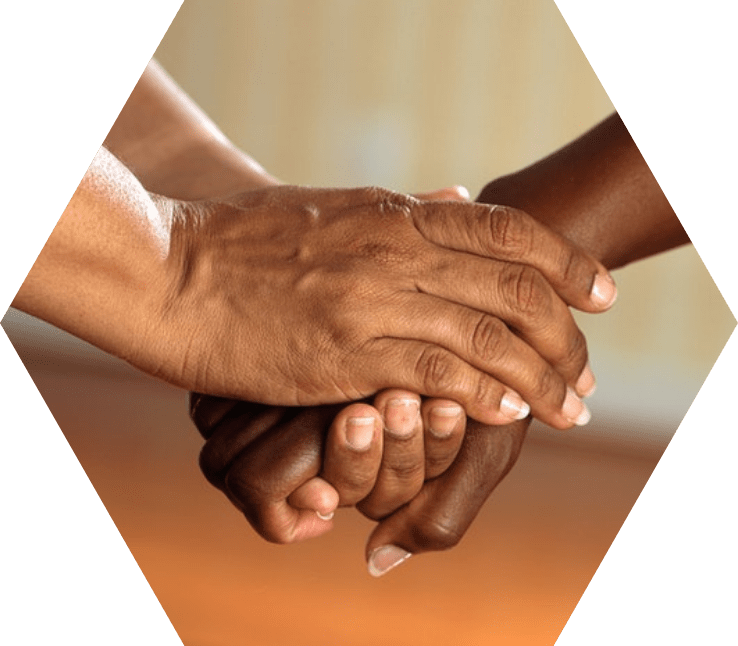
6
Our team collaborated with jurisdictions to understand the experiences and effects of victimization and support recovery and pathways to healing.
We helped Rhode Island develop a systemic approach to domestic violence reform, and in Vermont, we worked with state leaders to assess domestic violence responses and recommended improved policies to increase public safety.
Our Justice Reinvestment Initiative efforts in Pennsylvania led to the state’s General Assembly passing legislation to support victims of crime by ensuring confidentiality of victim information, enabling funding for counseling for sexual abuse victims, and increasing the claim deadline for victim compensation.

7
We announced the launch of Reentry2030, a groundbreaking national initiative to make successful reintegration a reality for every person.
With support from Arnold Ventures, and in partnership with the U.S. Department of Justice’s Office of Justice Programs’ Bureau of Justice Assistance (BJA), Correctional Leaders Association, and JustLeadershipUSA, Reentry2030 helps states scale up access to reentry supports, reduce unnecessary barriers to opportunities, and advance racial equity.
Partnering with Jobs for the Future, we launched a related initiative to reduce barriers to employment for people with criminal records, and we worked with state and local leaders to implement strategies to increase housing opportunities.
Our reentry work continued with our Fair Chance Licensing project, which aims to expand access to occupational licenses for people with criminal records. Significant reforms were enacted in eight states in the 2022 legislative session as a direct result of the initiative.
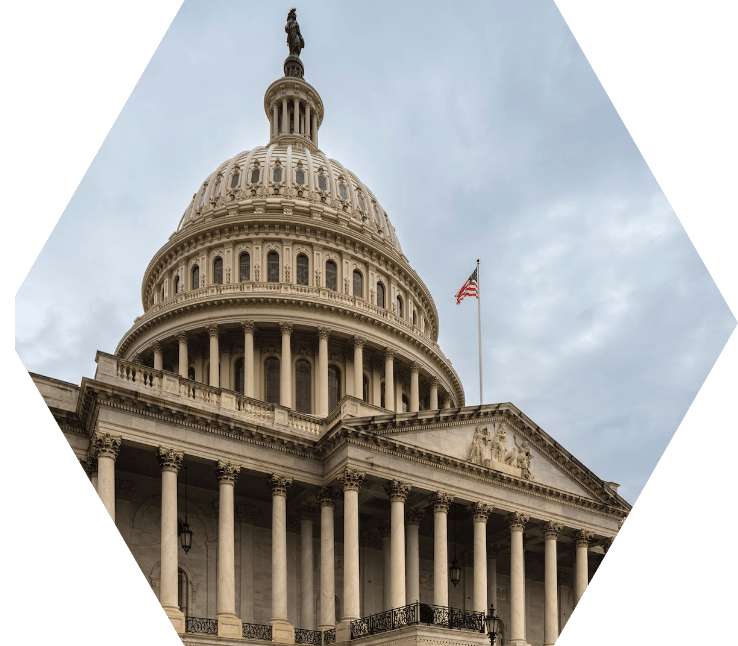
8
We connected with federal partners in Congress and in the administration to support the passage of key legislation, highlight federal funding and resources, and bring people together across disciplines and ideologies to effect change.
Our efforts helped lead to Congress’s reauthorization of the Justice and Mental Health Collaboration Program for an additional five years, a key piece of bipartisan legislation that supports initiatives across the country to reduce contact with the justice system and increase access to treatment and supports for people with behavioral health needs.

9
Partnering with BJA, we launched Justice Counts, a bold, new initiative to create a stronger information infrastructure for the justice system.
In May, we marked a critical step forward in that effort by introducing the first set of Justice Counts metrics and helping jurisdictions learn how to mobilize these metrics in their own states. These metrics encompass data from multiple criminal justice sectors and will allow policymakers, agency leaders, advocates, and the public to finally have access to essential information about the justice system in one place.
We also released national guidelines to help advance fairness and transparency for post-conviction risk and needs assessments and highlighted the importance of making data-driven restitution decisions for victims. Additionally, we detailed how agencies can use data to address underlying behavioral health and social needs of individuals in their justice systems.
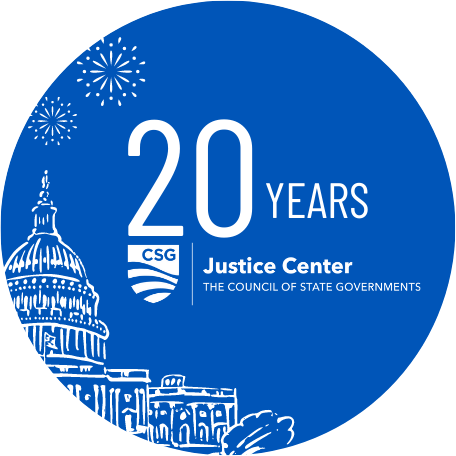
10
In June, we kicked off our 20th anniversary by celebrating the release of our seminal Criminal Justice/Mental Health Consensus Project report in 2002. This first-of-its-kind publication outlined policy recommendations for how to improve responses to people with mental illnesses in contact with the justice system.
Throughout this year, we celebrated our anniversary by highlighting our 20 years of impact, engaging the CSG family, and marking the way forward for the organization. These efforts included sharing our top projects and publications from the past 20 years, connecting with our members through social media and internal events, and celebrating the CSG Justice Center’s work.
We also spearheaded the September issue of CSG’s Capitol Ideas magazine. This issue includes an article charting the CSG Justice Center’s impact over the past 20 years and how that informs our vision looking forward. It also features a profile of Advisory Board Chair Marie Williams, commissioner of the Tennessee Department of Mental Health and Substance Abuse Services; a Q&A with director Megan Quattlebaum on what excites her about the future of the CSG Justice Center; an article on diversion resources to reduce justice system involvement for youth and adults who need mental health support; and much more.
Our Funders
Our work could not be done without the many organizations and people that support us.
- Action Now Initiative
- Alkermes - The Waltham, Massachusetts Facility
- American Institutes for Research
- American Psychiatric Association Foundation
- Arnold Ventures
- Ascendium Philanthropy
- Bureau of Justice Assistance, U.S. Department of Justice
- California Department of Corrections and Rehabilitation
- California Department of State Hospitals
- California Health Care Foundation
- Center for Policing Equity
- Charles Koch Institute
- Colorado Department of Public Safety
- Community Foundation for Southeast Michigan
- Crime Victim Assistance Division, Office of the Attorney General of Iowa
- Florida Department of Juvenile Justice
- George Mason University
- Hamilton County Juvenile Court
- Indiana Office of Judicial Administration
- Indiana University
- Jobs for the Future
- Kansas Department for Aging and Disability Services (KDADS)
- LEAD National Support Bureau
- MacArthur Foundation
- Mathematica Inc.
- MDRC
- Michigan Department of Corrections
- Michigan Department of Health and Human Services
- Midwest Urban Strategies
- Minnesota Department of Corrections
- National Institute of Justice, U.S. Department of Justice
- New York State Office of Victim Services
- North Dakota Division of Juvenile Services
- Office for Victims of Crime
- Office of Juvenile Justice and Delinquency Prevention, U.S. Department of Justice
- Pennsylvania Commission on Crime and Delinquency
- Pew Charitable Trusts
- Prudential Foundation
- Rhode Island Department of Corrections
- Robert Wood Johnson Foundation
- Seattle Police Department
- Sozosei Foundation
- State Justice Institute
- State of Idaho
- State of Nebraska
- State of New Mexico
- State of Vermont
- The Jacob & Valeria Langeloth Foundation
- The Joyce Foundation
- The Tow Foundation
- University of Massachusetts- Medical School
- Vital Strategies
Our Donors
Our work to build safer and stronger communities would not be possible without the generous support of our funders and donors. Their support advances our mission to develop research-driven strategies to increase public safety and strengthen communities nationwide. Please consider making a tax-deductible gift today.
- AMiracle4Sure
- Quincy Booth
- Alexandra Briggs
- Dion Clark
- Clarke Tucker Law, PLLC.
- Judy Clement
- Marshall Clement
- Bryan Collier
- Committee to Elect Justice Boggs, Inc.
- Bernice Corley
- David D'Amora
- Dick Sears for State Senate
- Le'Ann Duran
- Ella Esha
- Adam Gelb
- Virginia Goldrick
- Sandra Jamet
- Peter J. Koutoujian Election Committee
- Michael Lawlor
- Ann Miller
- Ahsan Moinuddin
- Rasim Musal
- Diane Nelson
- Joe O'Leary
- Christopher Poulos
- Megan Quattlebaum
- Jennifer Shin
- Thomas Stickrath
- Cam Ward
- Marie Williams










